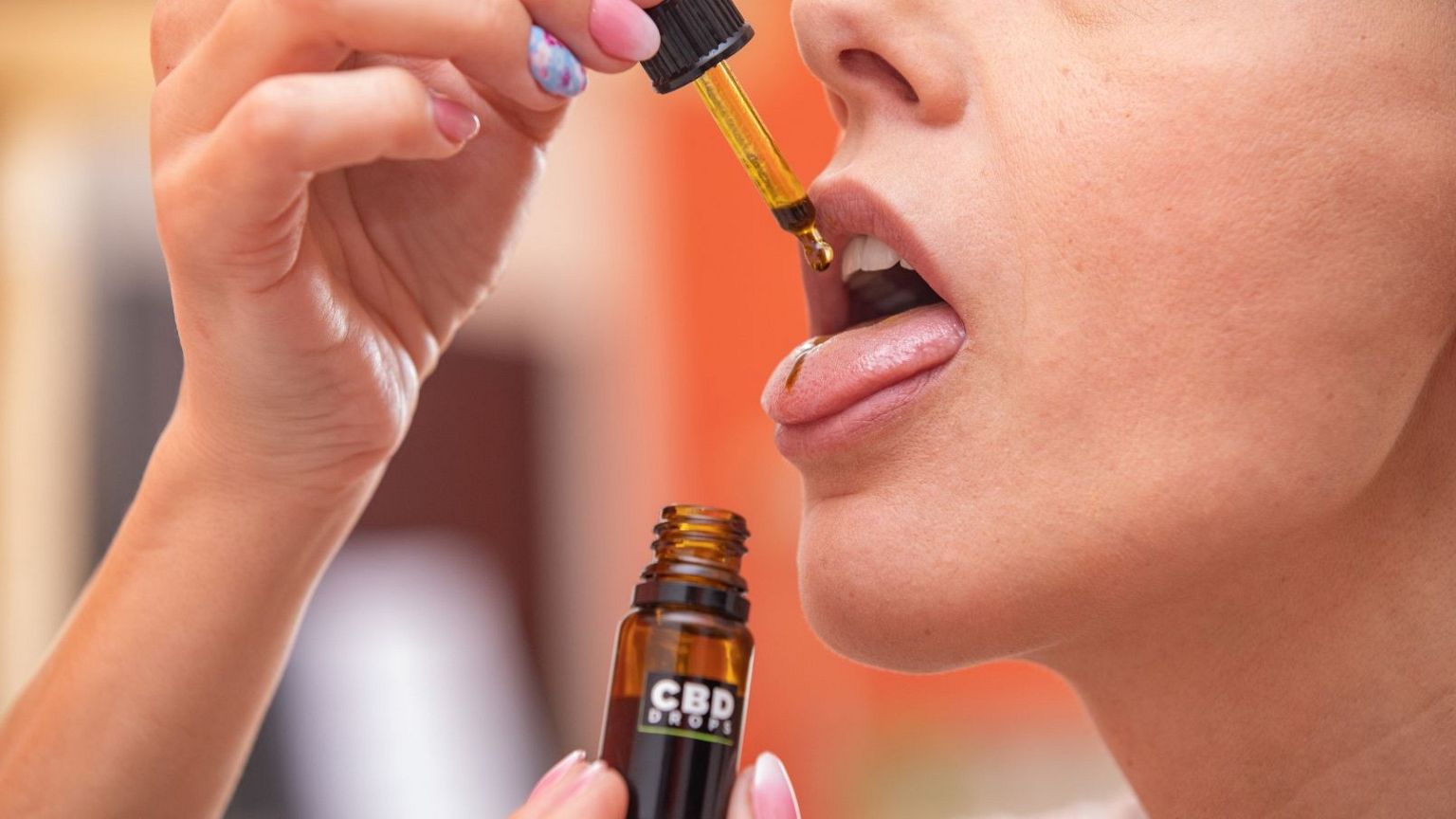Cannabidiol, commonly known as CBD, has seen an extraordinary surge in popularity over the past decade, with millions of people turning to this non-psychoactive compound derived from cannabis for relief from anxiety, pain, insomnia, and a wide range of other conditions. However, new findings from a recent study conducted by the U.S. Food and Drug Administration (FDA) are raising fresh concerns about the potential health risks associated with CBD use—specifically its impact on liver function, even at low doses.
The study, which forms part of the FDA’s ongoing evaluation of cannabidiol’s safety profile, suggests that some individuals may experience liver damage or other adverse effects from CBD consumption, even when taken in amounts lower than those typically recommended for therapeutic use. This revelation adds to a growing body of research calling for more cautious and informed use of CBD products, particularly given the substance’s widespread availability in everything from oils and edibles to skincare and wellness products.
The widespread presence of CBD in conventional markets has surpassed scientific study and regulatory supervision. Although the 2018 Farm Bill legalized hemp-derived CBD nationwide, the FDA has persistently argued that additional thorough research is needed to comprehensively assess its safety, effectiveness, and suitable dosage standards. Up until this point, most worries regarding CBD’s possible adverse effects have focused on large dosages applied in medical environments, especially for treating disorders like epilepsy. Nonetheless, recent information from the FDA indicates that even those using CBD for overall well-being or sporadic comfort might accidentally be risking their liver health.
The liver plays a critical role in metabolizing substances that enter the body, including medications and supplements. Damage to this vital organ can be gradual and often goes unnoticed until it reaches more severe stages. The FDA’s research highlights that some individuals may develop elevated liver enzymes—a marker of liver stress or injury—even at lower CBD doses. While not everyone appears to be equally susceptible, this variability underscores the importance of understanding personal risk factors before using CBD regularly.
El estudio incluyó pruebas clínicas controladas y el análisis de los niveles de enzimas hepáticas en participantes que consumieron diferentes dosis de CBD durante un período prolongado. Los resultados mostraron que incluso niveles moderados de consumo podrían causar cambios bioquímicos indicativos de estrés hepático en algunas personas. Estos resultados plantean la cuestión de si la percepción común de que el CBD es un remedio natural y seguro para todos podría ser una simplificación excesiva.
Besides the possible liver dangers, the FDA also keeps cautioning about other potential CBD side effects, such as interactions with various drugs. CBD is recognized for altering how the body manages some prescribed medicines, like blood thinners and seizure treatments, which might result in unexpected and occasionally hazardous outcomes. The combined effect of several substances processed via the liver can amplify the chance of toxicity or harmful reactions.
The results from the FDA investigation highlight the urgent necessity for complete regulatory structures around CBD products. At present, the United States market for CBD is mostly unregulated, resulting in diverse quality benchmarks, uneven labeling, and minimal consumer safeguards. Numerous items available online or at retail locations lack thorough testing for purity, strength, or pollutants, exposing consumers to the risk of incorrect dosages or contact with dangerous substances such as heavy metals, pesticides, or leftover solvents.
Customer interest in CBD is on the rise, fueled partly by personal accounts and promotional statements highlighting its advantages for easing stress, reducing inflammation, improving sleep, and addressing persistent health conditions. Nonetheless, the scientific community advises consumers to be cautious when using CBD until more conclusive studies are conducted. In the absence of unified dosage recommendations or established safety limits, people might unknowingly misuse these products or face health dangers that surpass the possible positive effects.
The Food and Drug Administration (FDA) has emphasized that although some pharmaceuticals containing CBD—like Epidiolex, which is approved for uncommon types of epilepsy—are supported by extensive clinical trials and safety information, most CBD products available without a prescription have not been subject to the same level of examination. Consequently, these products are not currently endorsed by the agency for use as dietary supplements or additives in food.
Public health experts suggest that individuals considering CBD use—particularly those with pre-existing liver conditions or those taking other medications—should consult healthcare professionals before starting any regimen. Regular monitoring of liver function may also be advisable for long-term users of CBD, especially as more data emerges on the variability of individual responses to the compound.
These findings are especially significant given the demographic diversity of CBD users, which includes not only adults seeking stress relief or pain management but also older adults, individuals with chronic health conditions, and even pet owners using CBD products for animals. The potential for liver-related side effects in these populations warrants heightened vigilance.
The emerging concerns about CBD’s safety profile also highlight the need for clearer communication to the public about the difference between cannabis-derived products with established medical uses and commercially marketed wellness products whose claims are often not scientifically validated. Misinformation and exaggerated marketing contribute to unrealistic expectations and, potentially, to unsafe usage patterns.
The FDA has indicated that it will continue to research the effects of CBD while working to develop more robust guidelines for product labeling, dosage recommendations, and safety monitoring. Meanwhile, states and local governments are also exploring regulatory measures to close existing gaps and ensure that consumers have access to accurate information and safe products.
In the absence of comprehensive federal regulations, some private-sector initiatives have emerged to address safety concerns in the CBD market. Independent certification programs and third-party laboratory testing are becoming more common among reputable CBD manufacturers, providing consumers with greater transparency about product quality and composition. These measures, while helpful, are voluntary and do not replace the need for enforceable national standards.
For those who currently use CBD or are thinking about adding it to their health practices, the essential message from the FDA’s conclusions is to proceed with care, consult professionals, and stay updated on the newest studies. The fact that a substance is plant-based or commonly promoted as “natural” doesn’t necessarily ensure its safety for everyone.
As the popularity of CBD continues to rise, so too does the responsibility of health agencies, manufacturers, and consumers to ensure that its use is informed by sound science rather than solely by marketing trends or anecdotal testimonials. The path toward a safe, reliable CBD marketplace lies in continued research, thoughtful regulation, and public education.
In the months ahead, as more data becomes available and regulatory bodies refine their positions, consumers can expect greater clarity around the risks and benefits of CBD. Until then, approaching its use with moderation, awareness, and careful consideration will remain the most prudent course of action.





